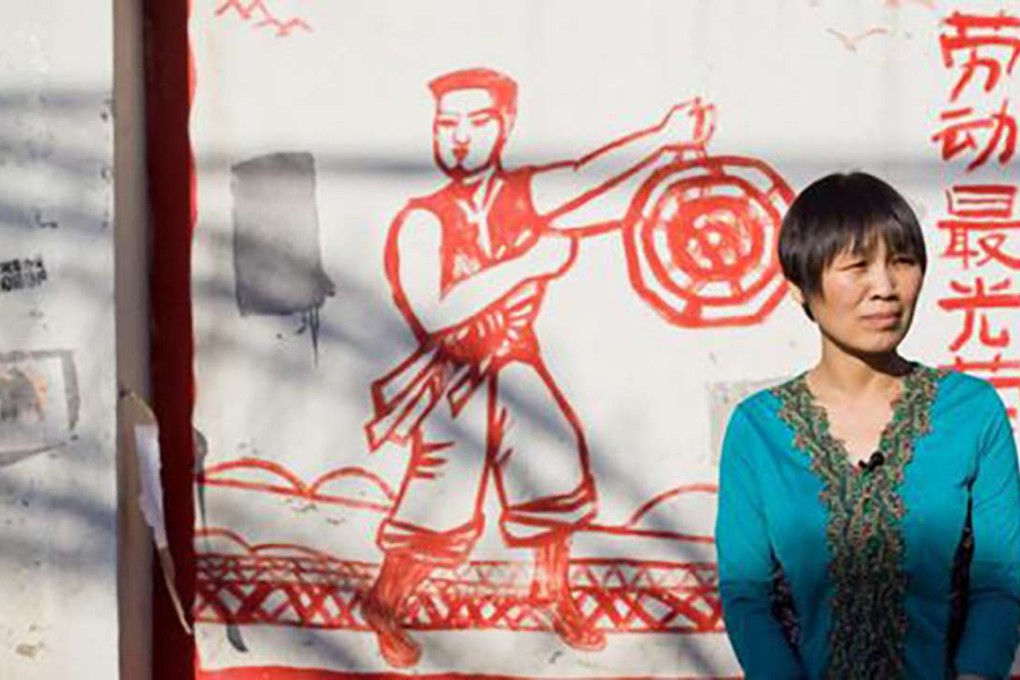How a domestic helper’s tale of hardship made her China’s hottest writer

Fan Yusu was for decades one of the faceless millions of migrant workers who fell through the cracks in China’s rapid state-led urbanisation. She left her village in central Hubei province to take odd jobs in Beijing as a domestic helper or cleaner, living in a rented eight-square-metre room without running water, struggling to raise two daughters as a divorced mother.
Fan, 44, decided to write down her life experiences in an autobiographical essay, I am Fan Yusu, which she posted on a social media literary site last Monday. Within 24 hours, it was shared more than 100,000 times and received more than 20,000 comments. Overnight, Fan became China’s most sought-after writer.
During a visit to her home in a run-down area about 30km from central Beijing, at least 20 journalists and publishers were waiting at her locked door.
One villager said Fan had gone into hiding because she felt overwhelmed by the visitors and the attention her article had generated.
Fan lives in a poor area which is home to about 30,000 migrant workers in the capital.
The day the South China Morning Post visited the area was thick with dust among the makeshift homes and the din of aircraft overhead from the nearby airport.